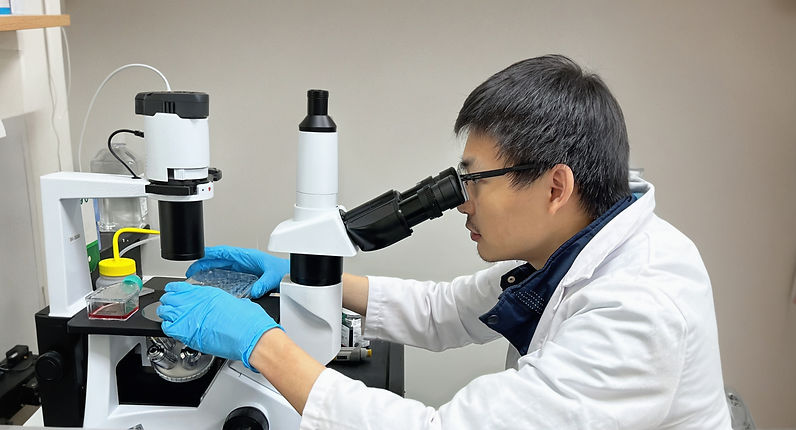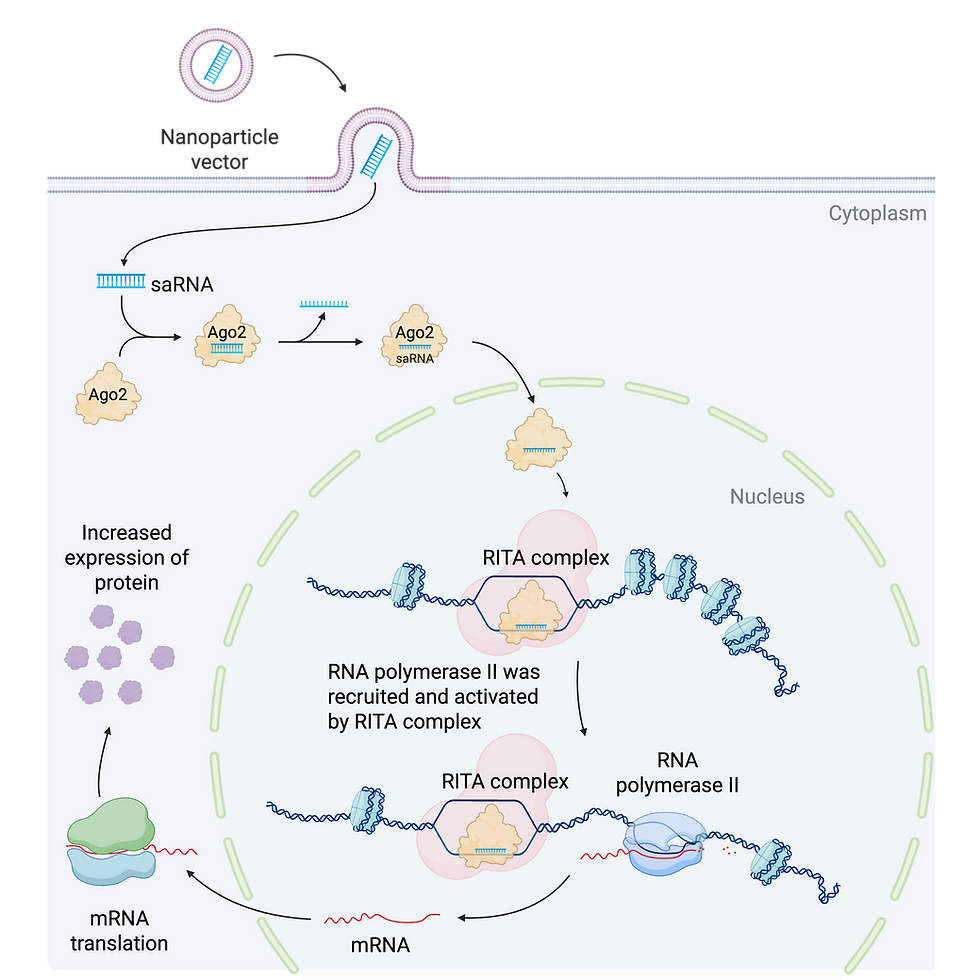
Our Research
Lin Lab for Ageing and Molecular Medicine is dedicated to conducting cutting-edge research in the field of ageing and ageing-related diseases. Our team of experts utilises multi-omics approaches to unravel the complexities of the ageing process and small-activating RNA study. We aim to contribute to the advancement of molecular medicine and enhance the understanding of ageing.

Telomore Replisome Identification
Our previous proteomic study identified key proteins that specifically associate with telomeres during DNA replication. Surprisingly, many of these proteins are nucleolar. Nucleoli, like telomeres, play key roles in cellular ageing and are implicated in several ageing-related diseases, including Bloom syndrome, Dyskeratosis congenita, Høyeraal-Hreidarsson syndrome, and idiopathic pulmonary fibrosis. The structural similarity between telomeres and rDNA tandem repeats further highlights their functional relationship. Here, we aim to investigate the roles of nucleolar proteins at telomeres during replication and the underlying regulatory mechanisms.

The mechanism of action of small-activating RNA
Unlike small interfering RNA (siRNA), which targets mRNA for degradation in the cytosol, small activating RNA (saRNA) enhances RNA expression in the nucleus through an as-yet-unclear mechanism. Our lab collaborates with MiNA Therapeutics, a leading UK-based biotech company specializing in saRNA, to investigate its mechanism of action and explore its potential applications in drug discovery.
